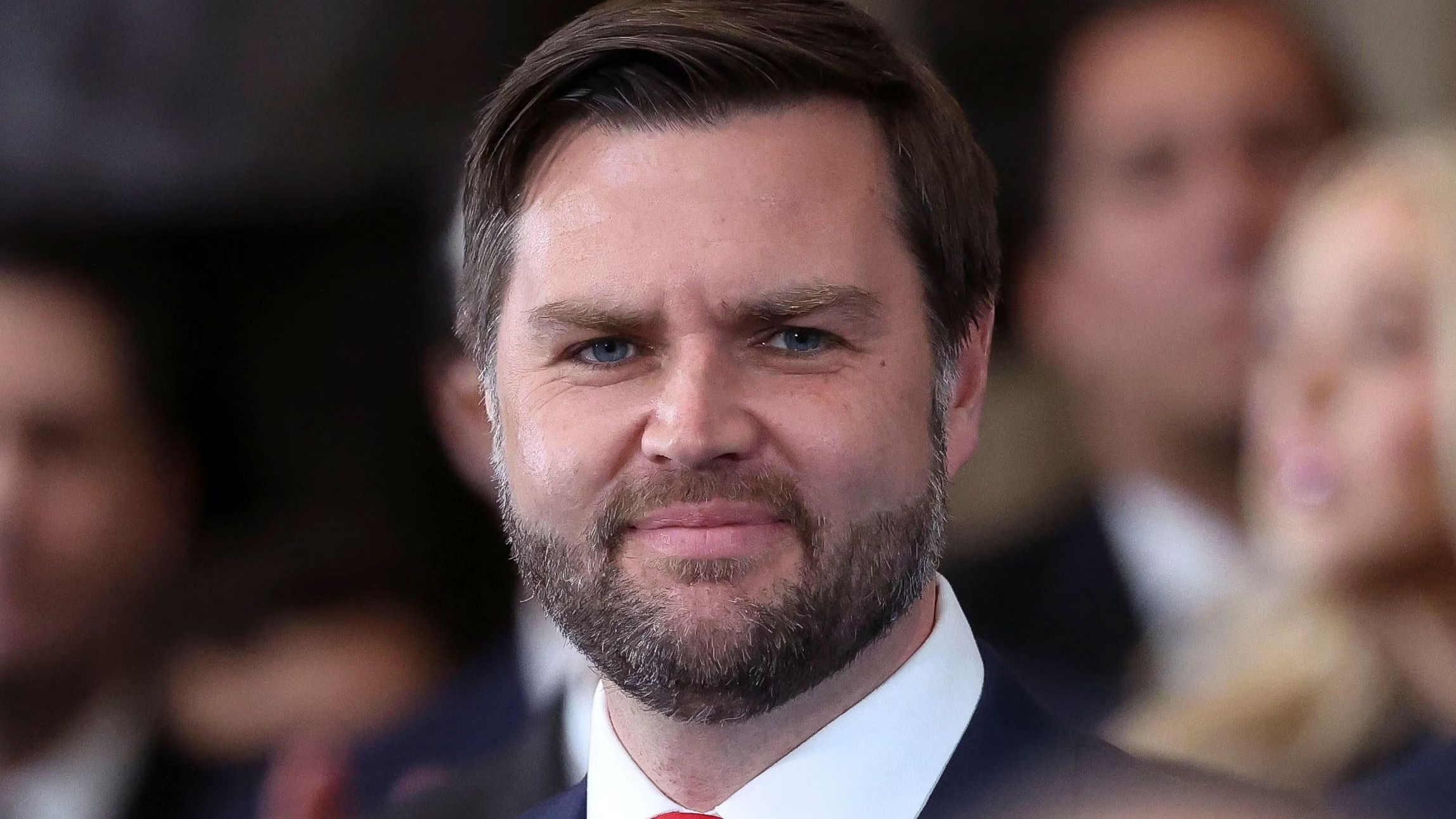
JD Vance, U.S. senator from Ohio, recently shared his perspective on immigration policy and judicial independence during an interview with The Times. His comments were a direct rebuttal to Chief Justice John Roberts. Roberts further stressed the judiciary’s important role in policing the boundaries of executive overreach. Vance’s stance was fundamentally contrary to Roberts. He criticized the Chief Justice’s opinion for being “profoundly misguided” and claimed that the judiciary must defer to the executive branch – in particular, on matters of immigration.
Vance recognized the complexities involved in the immigration enforcement debate, especially given the recent debate on whether or not the administration plans to scale back deportations. To that end, he confessed that the country does not have “5 million men of uniform combatants. This shortage undercuts the rationale to use certain legal authorities to execute mass deportations. Instead, he pointed to the thousands of migrants who have allegedly come to the United States with intentions of causing violence. This assumption clarified for him that courts should defer to presidential authority on matters of public safety.
Faith and Policy Decisions
Vance used his distinguished rhetorical flourish to passionately defend the administration’s policies. He opened up about how his Catholic faith informed his perspective as an immigrant on immigration. He acknowledged that sometimes it is very difficult for him to reconcile his beliefs and values with policy decisions. “I understand your point and making these judgments, if you take the teachings of our faith seriously, they are hard,” he stated.
Vance stressed the need to treat people humanely—as people—while understanding that enforcement of immigration laws has to be strict and uniform. He acknowledged that there is an “open question” about how much due process undocumented immigrants are owed. “I’ve obviously expressed public frustration on this, which is yes, illegal immigrants, by virtue of being in the United States, are entitled to some due process,” he explained. As he noted during the public webinar, figuring out how much due process is enough is still a difficult question.
The senator further articulated his belief that maintaining border security and respecting the dignity of migrants requires a delicate balance. “One has to hold two ideas in your head at the same time about enforcing border laws and respecting the dignity of migrants,” he said. He asserted that the American populace must be allowed to enforce immigration policies they have voted for, without interference from the courts.
Vance’s comments highlight a bigger discussion about U.S. This ongoing debate has raised important issues about the judiciary’s appropriate role in national security and immigration enforcement. He urged that immigration policy success should not only be measured by the numbers. We definitely need to do a better job to arm the framework that supports appropriate deportations with teeth and power when warranted. “Success, to me, is not so much a number… Success, to me, is that we have established a set of rules and principles that the courts are comfortable with,” he noted.
Rejecting Judicial Overreach
Vance wasn’t the only one to condemn Roberts’ remarks and defense of judicial independence. He strongly rejected the notion that courts should operate without constraints when it comes to administrative action. He underscored the value of courts in holding their own branch accountable. Yet, at the same time, his position forced them to honor the political choices that were made by those elected representatives. “You cannot have a country where the American people keep on electing immigration enforcement and the courts tell the American people they’re not allowed to have what they voted for,” he remarked.
His outfit certainly reflected his message. During the interview, Vance sported one very particular tie — a gift from Pope Francis himself — a testament to his desire to combine spiritual life with temporal obligation. Unsurprisingly, he got real about the tension between enforcing the laws of the land and honoring our moral imperative to care for migrants escaping violence or poverty. “That is a ceiling,” “I’d like to think at least to consider, alright, you know, there’s responsibilities we have to people who … are escaping violence or at least escaping poverty,” he added.
National conversations about immigration policy are moving faster than ever. Vance’s observations shed light on the predicament that lawmakers throughout the country are finding themselves in as they try to act on public safety and humanitarian concerns. Yet his bold stance would require just that reevaluation. It showcases the influence of judicial decision-making on executive action in this extremely important area of public governance.
Author’s Opinion
Vance’s push for stronger executive authority in immigration highlights the ongoing tension between the country’s security concerns and its legal traditions. If courts yield too much ground, the checks and balances designed to protect individual rights could weaken, leaving complex questions of fairness and due process in the hands of political leaders.
Featured image credit: Heute
For more stories like it, click the +Follow button at the top of this page to follow us.
